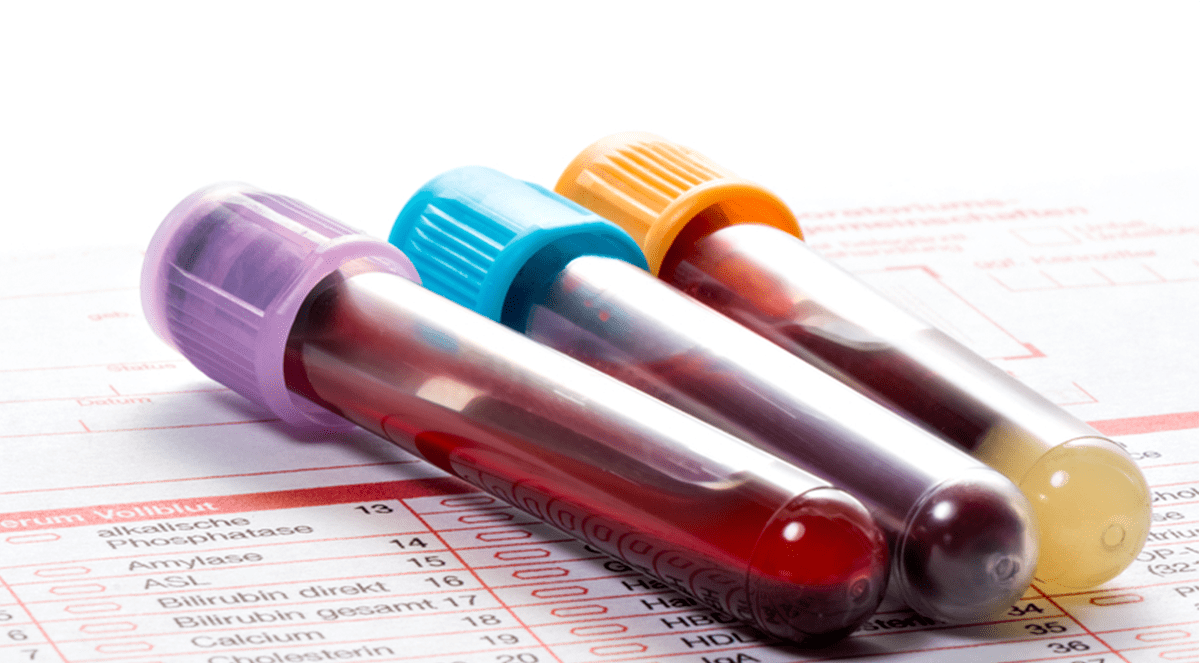Doctors for the first time can determine which medication is more likely to help a patient overcome depression, according to research that pushes the medical field beyond what has essentially been a guessing game of prescribing antidepressants.
A blood test that measures a certain type of protein level provides an immediate tool for physicians who until now have relied heavily on patient questionnaires to choose a treatment, said Dr. Madhukar Trivedi, who led the research at UT Southwestern Medical Center’s Center for Depression Research and Clinical Care.
Related Articles
- Low Self-Esteem Linked to Anxiety/Depression in SLE
- Blood Test Promising for ID of Early Depression, Schizophrenia
- Yoga + Coherent Breathing May Help Treat Depression
- Collaborative Care Provides Improvement for Older Adults with Mild Depression
“Currently, our selection of depression medications is not any more superior than flipping a coin, and yet that is what we do. Now we have a biological explanation to guide treatment of depression,” said Dr. Trivedi, Director of the depression center, a cornerstone of UT Southwestern’s Peter O’Donnell Jr. Brain Institute.
The study demonstrated that measuring a patient’s C-reactive protein (CRP) levels through a simple finger-prick blood test can help doctors prescribe a medication that is more likely to work. Utilizing this test in clinical visits could lead to a significant boost in the success rate of depressed patients who commonly struggle to find effective treatments.


